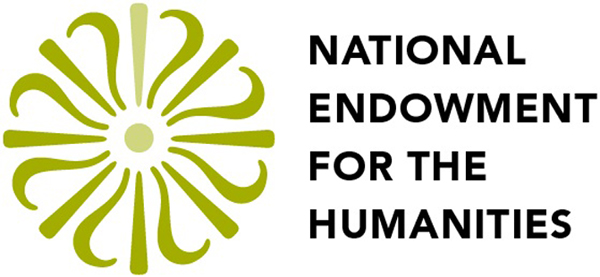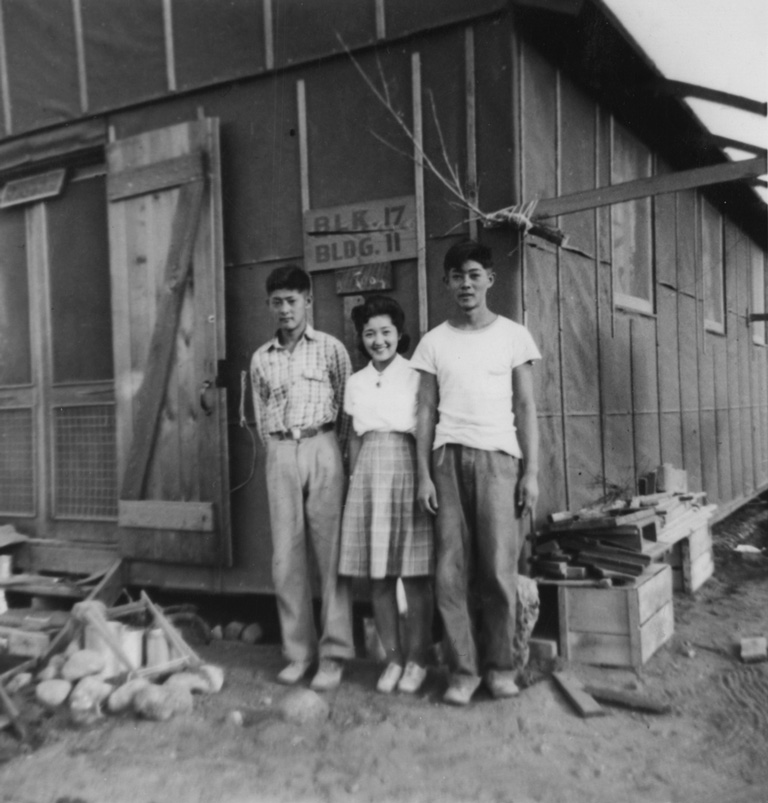 California State University, Dominguez Hills’ (CSUDH) Archives and Special Collections Department has received $260,000 from the National Endowment for the Humanities (NEH) to continue its work digitalizing artifacts that detail life for Japanese Americans held in internment camps during World War II, and daily life during the first half of the 20th Century.
California State University, Dominguez Hills’ (CSUDH) Archives and Special Collections Department has received $260,000 from the National Endowment for the Humanities (NEH) to continue its work digitalizing artifacts that detail life for Japanese Americans held in internment camps during World War II, and daily life during the first half of the 20th Century.
This is the second grant CSUDH has received from the NEH, as well as one from the National Park Service–totaling $621,510–to lead a collaborative effort to digitalize and describe thousands of letters, photographs, media reports, ephemera, publications and other materials currently in archive holdings at 15 California State University (CSU) campuses. The artifacts are being united on the CSU Japanese American Digitization Project website.
CSUDH’s grant was part of $21.1 million in NEH grants for 248 humanities announced on March 23.
“We are thrilled to receive additional support for this project,” said Greg Williams, director of CSUDH’s Archives and Special Collections and principal investigator of the project.
NEH has enabled us to bring together a great group of archivists, scholars and consultants during the grant planning, and it’s great that they saw fit to continue their contribution to this important and far-reaching project.”
Beginning in the 1960s, the CSU began to document the Japanese American experience during World War II through research, collecting archival materials, recording oral histories and engaging citizens to contribute to the collective memory of this era. The archives at CSU Dominguez Hills, Fresno, Fullerton, Northridge, Sacramento, San Jose, Sonoma, San Francisco, San Diego State, San Luis Obispo, Long Beach, San Bernardino, Channel Islands, East Bay, and Bakersfield decided to collaborate in order to enhance the digital archive of the CSU’s holdings on this important historical topic.
 The collections represent approximately 15,000 artifacts and 300 linear feet of archival materials that focus on some of the most striking events related to the treatment of minorities in U.S. history. Several thousands of documents have already been digitized, and it is expected that another 10,000 documents and oral histories will be cataloged into the project.
The collections represent approximately 15,000 artifacts and 300 linear feet of archival materials that focus on some of the most striking events related to the treatment of minorities in U.S. history. Several thousands of documents have already been digitized, and it is expected that another 10,000 documents and oral histories will be cataloged into the project.
The new NEH funding will also enable the CSU partners to build upon existing online infrastructure, solve technical issues, and continue to explore the best avenues for the access and delivery of the historic materials.
“The central goal of this NEH implementation project, as well as the National Parks Service grant, is to virtually unite the CSU Japanese American collections to make them discoverable and accessible on the project website,” said Williams.
The CSU Japanese American Digitization Project is expected to be completed in mid-2018.
“It’s been a great experience working with this statewide collaboration of CSU archives,” said Williams. “The original content in each CSU archive is rich and reveals a wide-range of potential research topics.”